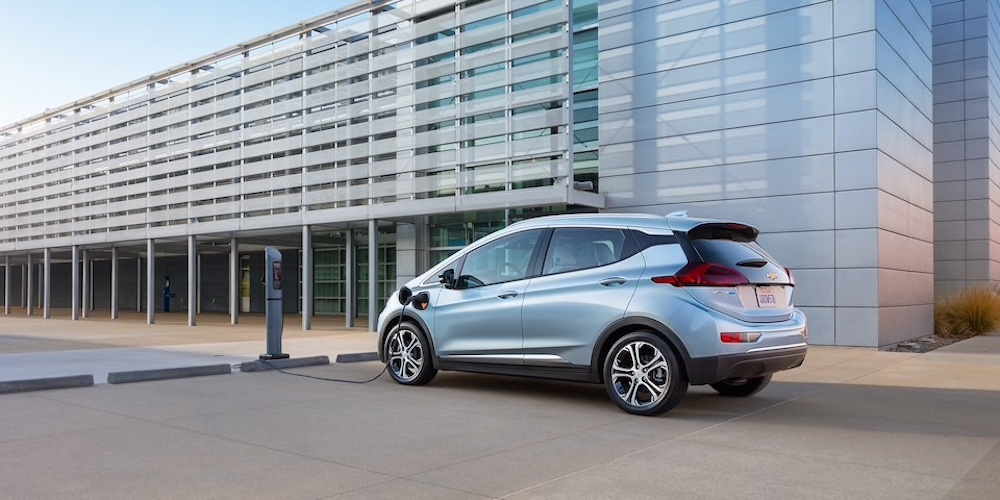Currently, we see self-driving vehicles in a variety of locations around the country being tested to see if they will become autonomous driving models that can be offered publicly.
While these vehicles are in the testing phase, a human driver is required to be in the driver’s seat to be able to take over as needed on the road. Recently, a self- driving vehicle was ticketed on the streets in San Francisco, which marks the first time a ticket has been issued to a vehicle that was doing the driving, but this may not be the last.
The ticket was given to one of the self-driving Chevrolet Bolt EV models that was in autonomous mode on the roads in the city. The officer cited the car for failing to yield a safe distance to a pedestrian. The Cruise Automation data showed the car did yield and kept a safe distance of 10.8-feet away from the pedestrian and never actually put the person in danger, but as of right now, the ticket stands. Unfortunately, the person in the driver’s seat who is supposed to take over if safety becomes an issue is responsible for the ticket.
Even though the data from Cruise Automation, the GM-owned subsidiary testing self-driving vehicles in San Francisco, showed the pedestrian was never in danger and the parameters programmed were in place and functioning properly, the ticket currently stands. This leaves us with a couple of questions, one of which is how the data can be ignored when its presented to show the car was never close to the pedestrian, but more importantly, who is going to be responsible for these infractions in the future? It seems difficult to imagine a ticket could be issued to a person riding in the back of the car as we move forward.
The Discussion Continues
While we’ve heard many of the different conversations regarding the safety and the necessity of self-driving vehicles, the question during the transition from driving to self-driving is going to be where the responsibility lies and who gets the ticket? If a vehicle without a driver in the front seat is pulled over and given a ticket does this become the responsibility of the owner, the company that made the vehicle, or the technology company that provides the system to keep the information flow going? This is a confusing question to answer for the drive.
For now, we don’t have to answer this question because the tickets will be issued to the driver in the vehicle, but you can expect to see the different testing companies to begin to push back when they have the data to back up the vehicles when it comes to the performance of the self- driving vehicles on the road. There have been other instances of self-driving cars getting in trouble recently, some of which have turned out to be the fault of other drivers and others that have shown the systems of the vehicle failed to function properly. We still have a long way to go before self-driving cars can be part of our widespread driving experience. For now, traditional sedan models like the Chevrolet Malibu and Cruze can offer much of what you’re looking for.
This post may contain affiliate links. Meaning a commission is given should you decide to make a purchase through these links, at no cost to you. All products shown are researched and tested to give an accurate review for you.

